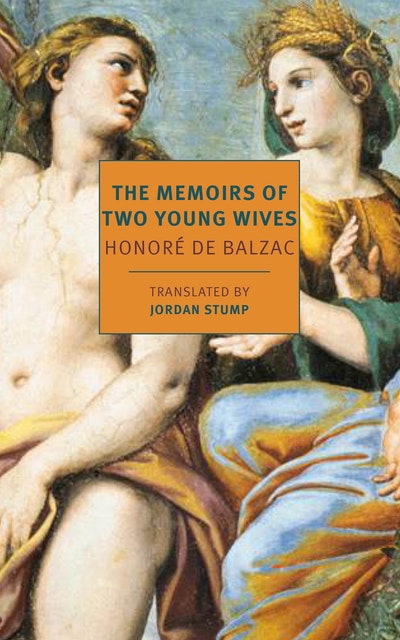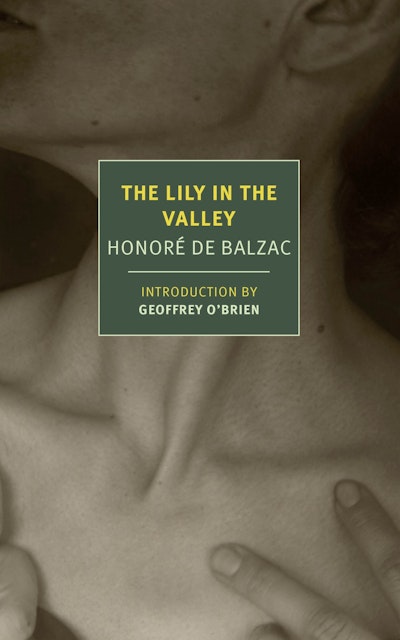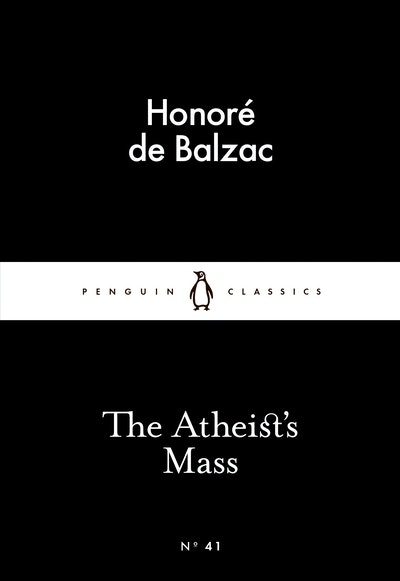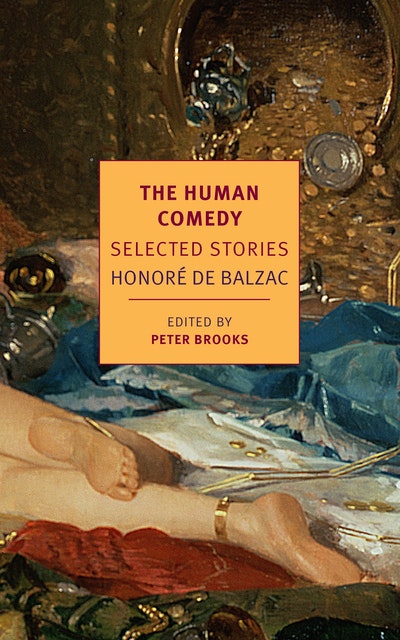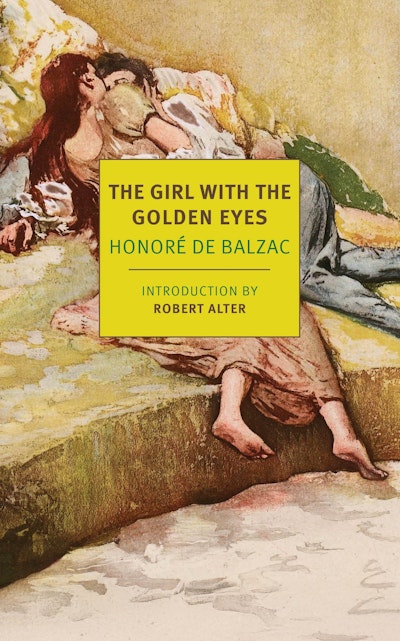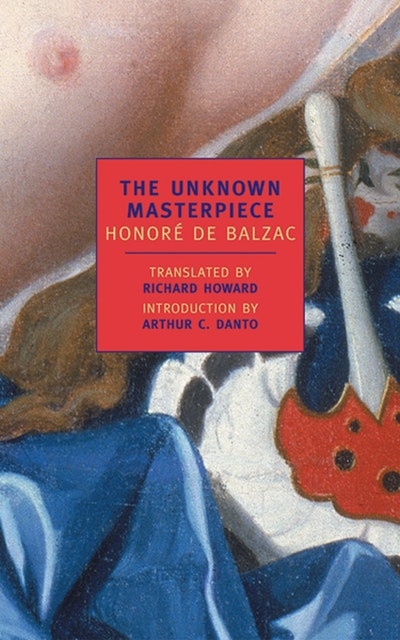[]
- Published: 15 January 2018
- ISBN: 9781681371252
- Imprint: NY Review Books
- Format: Paperback
- Pages: 272
- RRP: $45.00
The Memoirs of Two Young Wives
Formats & editions
Buy from…
- Published: 15 January 2018
- ISBN: 9781681371252
- Imprint: NY Review Books
- Format: Paperback
- Pages: 272
- RRP: $45.00
"Balzac stands signally alone, he is the first and foremost member of his craft...An imagination of the highest power, an unequalled intensity of vision..What he did above all was to read the universe, as hard and as loud as he could, into the France of his time." -Henry James
"I have learned more [from Balzac] than from all the professional historians, economists, and statisticians put together." --Friedrich Engels
"In Balzac, every living soul is a weapon loaded to the very muzzle with will." --Charles Baudelaire
"Balzac was both a greedy child and an indefatigable observer of a greedy age, at once a fantastic and a genius, yet possessing a simple core of common sense." --V. S. Pritchett
